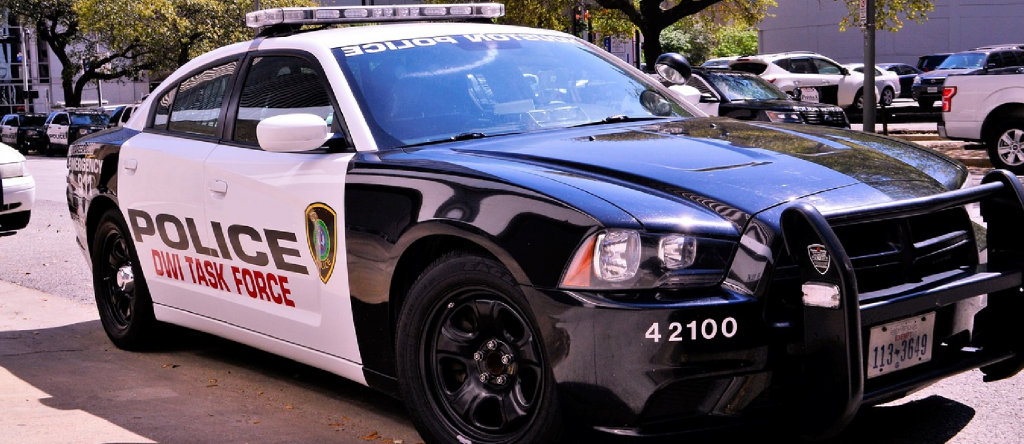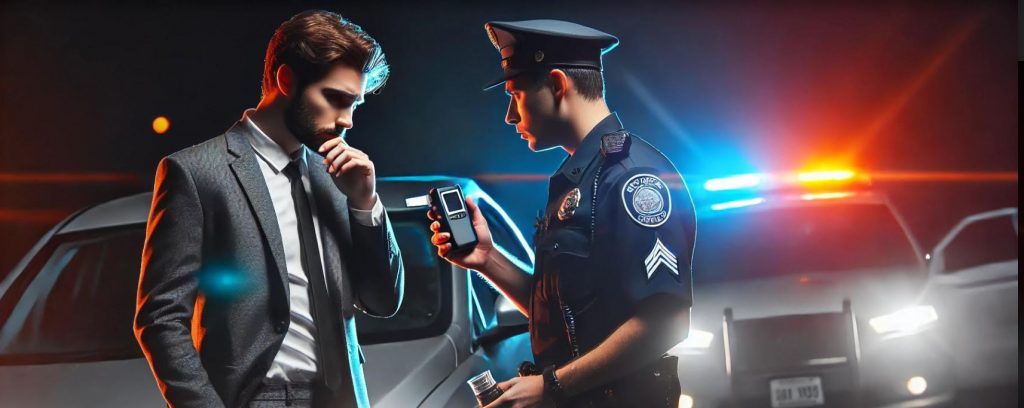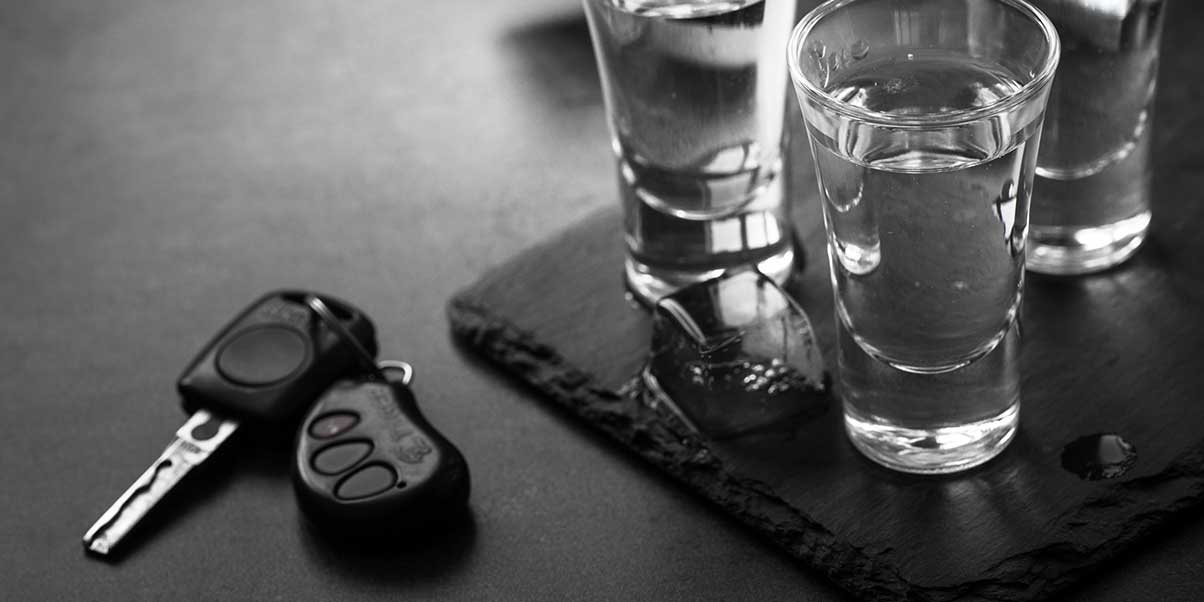Information About OWI in Michigan
If you are looking for information about OWI charges, penalties, and defenses in Michigan, you are in the right place. Our team of highly trained, experienced defense lawyers are available for a free consultation.

OWI Charges and Penalties in Michigan
In Michigan, Operating a Motor Vehicle While Intoxicated is known as OWI. In other states, it is commonly referred to as DUI. There are various OWI-related offenses involving alcohol and controlled substances. Here is what you need to know. If the information about OWI on this page does not answer all of your questions, please do not hesitate to call us for a free consultation. If you call, our experienced, effective, and zealous OWI defense attorneys will take the time to answer all of your questions and address each of your concerns and provide you with the necessary information about OWI that you need.
Whether licensed or not, a person shall not operate a vehicle on a highway or a place generally accessible to motor vehicles if the person is intoxicated. “Operating while intoxicated” means either (1) “under the influence” of alcoholic liquor, a controlled substance, or other intoxicating substance, or (2) having an alcohol content (“BAC”) of 0.08 or more (0.17 or more for a “super drunk” charge). Operating while visibly impaired by alcohol, drugs, or other substances is illegal, but to a lesser degree.
Operating a motor vehicle for drivers under 21 years old is prohibited if they have “any bodily alcohol content.” Any bodily alcohol content means the presence of alcohol or BAC of 0.02 or more. For adults and minors, it is also illegal for a person to operate a motor vehicle with any amount of certain controlled substances in their system. It’s not only illegal to drive while intoxicated, but it is also illegal to permit someone to drive your car while they are under the influence of or visibly impaired due to the consumption of alcohol, drugs, or other substances.
OWI with Increased Penalties
Certain OWI offenses have increased possible penalties. Depending on what occurred at the time of the offense and the driver’s prior record, the penalty can increase to a more severe misdemeanor or felony. It is important that you have the necessary information about OWI to make informed decisions. The presiding judge decides the penalty for any violation after considering the prosecution and defense arguments. Examples include the following OWI offenses:
- 2nd offense within seven (7) years,
- 3rd offense within a lifetime,
- with a minor in the vehicle,
- causing serious injury, or
- resulting in death.
A second OWI conviction within seven (7) years is a misdemeanor punishable by up to 1 year in county jail, but not less than five (5) days. A third offense, anytime within a person’s life, is a felony punishable by up to 5 years in prison and no less than 30 days in jail, if the person also receives a term of probation. For a lawyer to give you accurate and helpful information regarding OWI charges in Michigan, it is beneficial to determine the nature of the allegations, the location of the alleged offense, and any prior criminal history before you call. An experienced OWI lawyer can find the answers if you do not have complete information about OWI.

Additional Information about OWI Charges in Michigan
If a person operating while intoxicated causes death or a serious injury, the potential penalty increases. For example, the maximum sentence is 15 years if there is death. The possible penalty increases to 20 years if the BAC is 0.17 or more or if the person has a prior conviction within the past seven (7) years. Even if there is no previous conviction, the maximum becomes 20 years if there is a death of a police officer, firefighter, or other emergency response personnel. The court will order immobilization if the government does not forfeit the operator’s vehicle.
If the OWI results in a serious impairment of a body function of another person, as opposed to death, the maximum sentence for a first offense is five (5) years in prison. A second offense within seven (7) years, or if a driver has a BAC is 0.17 or greater, the maximum possible prison sentence increases to seven (7) years.
An adult driving under the influence with a minor (under the age of 16) in the vehicle faces increased penalties. Intoxicated driving with a minor is often called “child endangerment.” OWI with a minor carries a minimum sentence of five (5) days in jail (up to one (1) year) and between 30 and 90 days of community service. The charge would be a felony punishable by up to five (5) years in prison (a minimum of 30 days) if there were a prior OWI within the past seven (7) years (or two (2) priors in a lifetime).

Information about OWI Terms You Need to Understand
“Intoxicating substance” is broadly defined and means anything, other than alcohol or a controlled substance, that is recognized as a “drug” by the official United States Pharmacopoeia, the official National Formulary, or any substance, other than food, taken into a person’s body that is used in a manner or for a purpose for which it was not intended and resulted in a condition of intoxication.
A “vehicle” includes a car, motorcycle, moped, bicycle, snowmobile, farm equipment, golf cart, boat, and even a horse!
“Controlled substances” include cocaine, LSD, Peyote, Ecstasy (MDMA), Mushrooms, Heroin, and more. You should consult a qualified defense attorney to determine if any particular substance qualifies as a “controlled substance” under the OWI laws.
A “prior conviction” means any violation of the law involving the operation of a motor vehicle while impaired or under the influence of alcohol, a controlled substance, or an intoxicating substance. If two (2) or more convictions arose from the same transaction, only one (1) conviction could be a prior conviction.
Driver’s License Sanctions
The Michigan Department of State may suspend or revoke your license for either a definite period of time or, in some cases, indefinitely. There is no hardship license in many cases, even for work, religious activities, medical appointments, or anything else. Examples include:
- 1st offense OWI – 180-day suspension with restricted driving after 30 days.
- 1st offense OWVI (impaired driving) – 90-day restricted driving privileges
- 1st offense High BAC (Super Drunk) – 1-year suspension with a restricted license after 45 days (with an alcohol interlock (BAIID))
- 2nd offense within seven (7) years or 3rd offense in a lifetime – permanent revocation (can only be reinstated with an appeal to the Michigan Department of State Driver Assessment And Appeal Division (DAAD/DLAD)

Michigan’s Premier OWI Defense Team
If you or a loved one is charged with any offense involving the operation of a vehicle while under the influence of alcohol, controlled substances, or an intoxicating substance, the situation is serious, and there may be harsh consequences. Do not take chances with the lowest bidder or a lawyer that does not exclusively practice criminal defense. A lawyer’s experience, reputation, and commitment to fight for you can mean the difference between a dismissal or a conviction, jail or probation, and losing or keeping your driver’s license. The Defense Team with LEWIS & DICKSTEIN, P.L.L.C. has decades of experience successfully defending felony and misdemeanor OWI charges in courts throughout Michigan. Call us, and we will provide you with the critical information you need to know about OWI charges in Michigan.
Call us today at (248) 263-6800 for a free consultation or complete an online Request for Assistance Form. We will contact you promptly and find a way to help you.













